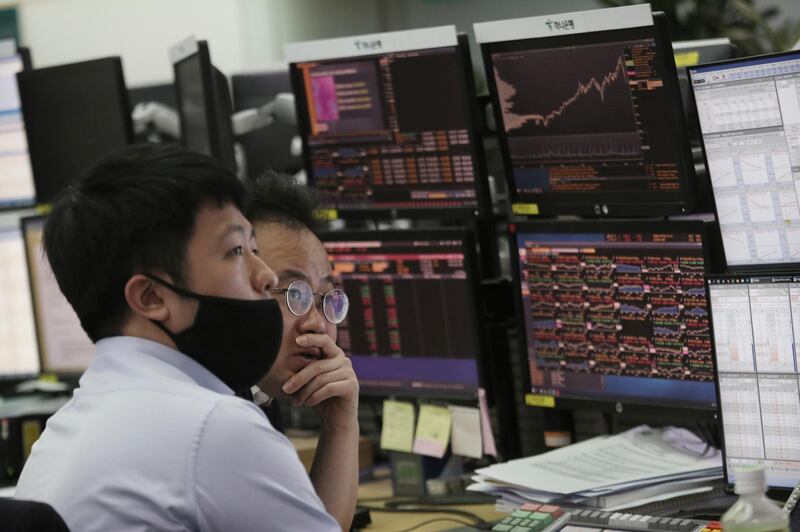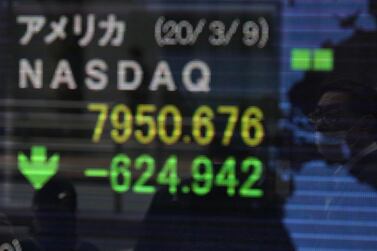Governments who are willing to do "whatever it takes" to stabilise economies in response to the Covid-19 outbreak need to increase their own spending until private sector demand recovers, and cannot rely on monetary easing measures, a new United Nations report states.
Covid-19 will trigger a recession in some countries and could push global annual growth to decelerate below 2.5 per cent — a level often taken to be a recessionary threshold for the global economy, according to a paper by the United Nations Conference on Trade and Development.
Although calls for increased spending often raise fears of profligacy and subsequent financial trouble, "the lessons of the previous decade are clear: the combination of aggressive monetary policy and timid fiscal interventions leave private investors in a ‘wait-and-see’ limbo and encourage speculative spirits", UNCTAD said in its report issued on Monday.
"In the current crisis, there is also the additional risk that a slow fiscal response could increase the high risk of contagion; governments should give a clear signal that public debt concerns are secondary to public health concerns," it added.
Fiscal measures can be geared towards areas such as emergency health spending — with free healthcare to those affected by the virus an obvious response, as well as emergency cash transfers towards those hit by a sudden loss of revenue, especially in the informal economy.
Monetary responses by central bank should include directing credit towards production and employment creation, such as reinforcing infrastructure or providing tailored credit lines to distressed SMEs. For debt-distressed developing nations already spending up to one-third of government revenue on debt servicing, "an immediate moratorium is merited when a health emergency on this scale is declared", it added.
Two of the biggest threats to the global economy highlighted by the report include the high levels of private sector debt, especially the amount of leveraged loans. Non-financial corporate bonds have now reached $13.5 trillion (Dh49.5 tn) in value — more than double the level at the end of the 2008 financial crisis — and 25 per cent of this is non-investment grade, the report said, citing OECD figures.
The risk is even higher in developing countries, where corporate debt levels have expanded rapidly and the share of private debt to overall debt stands at about 73 per cent.
Earlier this week, London-based Capital Economics said virus-related disruption thus far has not been severe enough to prompt a widespread business debt crisis. However, if profits decline sharply or borrowing costs rise, there are four "pockets of vulnerability" that could blow up.
These include the ability of energy companies to service debts, a "bulge" of companies whose bonds are in the lowest tier of investment grade who would face considerably higher costs if downgraded to junk and the much higher level of leveraged loans.
"And fourth, even in cases where business accounts seem to be in good shape, increasing use of questionable accounting practices could be disguising the true extent of the increase in leverage over the past decade," the note by the firm's global economist, Simon Macadam, said.
"Even though the overall non-financial business sector is not about to buckle under the weight of its debt, there are clearly parts that look vulnerable," he said. "The greater the virus-related disruption, the closer we will get to this tipping point."








